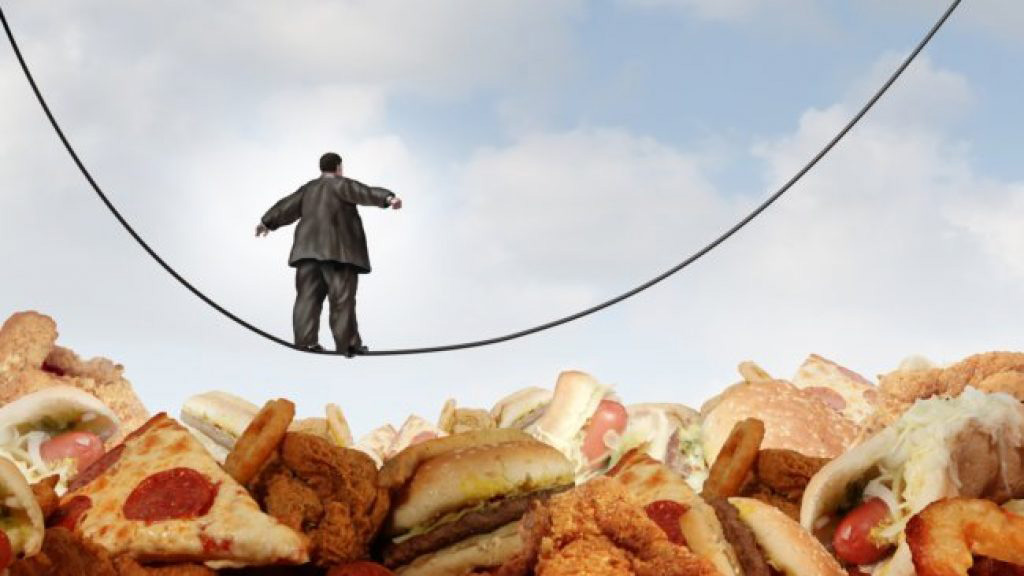People Who Feel Socially Inferior Eat More and Prefer High Calorie Food

Prof. Ying-yi Hong’s research has found that feelings of social inferiority can cause people to eat more food and food with high calorie. Find out more about her research from news stories published in various media publications around the world.
A study has found that when people are made to feel socially inferior, they tend to crave fattier foods.
In the research paper published in Proceedings of the National Academy of Sciences of the United States of America (PNAS), Ying-yi Hong, Choh-Ming Li Professor of Marketing from Department of Marketing and Principal Investigator of Culture Lab at The Chinese University of Hong Kong Business School; and her co-author Bobby Cheon, Assistant Professor at Nanyang Technological University’s School of Humanities and Social Sciences; describe four studies they carried out that led to the same conclusions—feelings of social inferiority can cause people to eat more food and food that has a lot of fat in it.
In a variety of tests – which included allowing the participants to eat at a buffet – the people made to feel lowly ate food with a higher number of calories than those who felt more important. To provoke the feeling of inferior social status in the test subjects, the researchers showed study participants an image of a ladder representing society and asked them to compare themselves to either people at the top of the ladder or the bottom of the ladder. Following the comparison, the subjects were then asked to think and write about what it would be like to interact with someone from that rung of the ladder.
Study participants that were made to feel socially inferior were more likely to associate food like pizza and fried chicken with pleasant words, showing that they subconsciously preferred high-calorie foods. Furthermore, when offered snacks after the experimental manipulation of socioeconomic status, the low socioeconomic status group consumed 65 percent more calories than the high socioeconomic status group. These results suggest that feeling socially inferior not only changes the perception of food but can trigger actual food intake.
Prof. Hong, writing in PNAS, said: “Across four studies we found that participants who were experimentally induced to feel low socioeconomic status subsequently exhibited greater automatic preferences for high-calorie foods.”
Explaining the results, Prof. Hong said that wealth and social status “act as buffers or insurance” against pressures. Without the protection afforded by higher social status, she suggests “an adaptive response may be to seize other key resources for survival that may be available, such as food.”
Publications that have picked up Prof. Hong’s research include The Daily Mail (UK) (PDF), The Manila Times (The Philippines) (PDF), Asian Scientist Magazine (Singapore) (PDF), Medical Xpress (PDF), Wired.it (Italy) (PDF), Wissenschaft aktuell (Germany) (PDF), 20 Minuten (Switzerland) (PDF), AlterNet (PDF) and more.
Please click here (PDF) to find out more about Prof. Hong’s research paper entitled “Mere Experience of Low Subjective Socioeconomic Status Stimulates Appetite and Food Intake” in PNAS.
Source: The Daily Mail (UK), Wissenschaft aktuell (Germany), Medical Xpress, Wired.it (Italy), Asian Scientist Magazine (Singapore), The Manila Times (The Philippines), 20 Minuten (Switzerland) and AlterNet
Date published: 19 December, 2016 / 20 December, 2016 / 21 December, 2016 / 28 December, 2016 / 9 January, 2017 / 16 January, 2017 / 3 March, 2017
Photo: Asian Scientist Magazine

